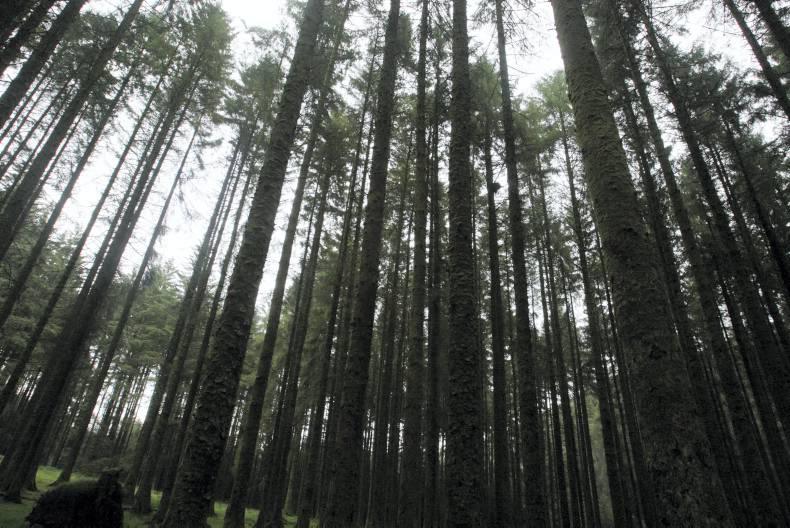The order to legally establish the council was signed on Monday 18 January by Minister for the Environment Alan Kelly. The council is, however, independent of the Government, and its purpose is to assess and advise it on Ireland’s progress in meeting greenhouse gas (GHG) emissions targets to 2020, as well as those shortly expected to be agreed at EU level for 2030.
The council will provide annual progress reports, with the first annual report for 2016 due to be published in early 2017.
Out of the 10 members of the council, two are specialists in the area of agriculture, Professor Gerry Boyle of Teagasc and Professor Alan Matthews of Trinity College Dublin’s (TCD) European agricultural policy.
Council chair Professor John Fitzgerald from TCD’s School of Economics also has an amount of expertise in the area of agricultural policy and conducted research on biomass energy in the mid-1990s.
Speaking to the Irish Farmers Journal, Professor Fitzgerald highlighted the amount of agricultural expertise on the new council and said this expertise will help to form policies addressing Ireland’s “major challenge” in the years ahead.
“The challenge is for Ireland to reduce its GHG emissions without affecting its indigenous industries, including agriculture,” he said.
Professor Fitzgerald acknowledged that agriculture is a “slightly more complicated situation” than other industries, since the majority of its emissions are methane and nitrous oxide rather than carbon dioxide (CO2), the main GHG emission of other contributing industries such as transport.
“Our task is to develop policies to decarbonise the economy but we recognise that agriculture is a slightly different case in terms of the types of gases the industry emits.”
Forestry not straightforward for farmers
At the Paris climate change conference in December 2015, a welcome reference to forests was added to the agreement text at the last minute. This addition indicated that their role could be recognised in offsetting emissions. And just last week the Council for Forest Research and Development identified 1.8m ha of farmland in Ireland with scope for afforestation.
On the subject of forestry as a way to offset emissions, Professor Fitzgerald said his own research in the mid-90s showed that forestry is a way for farmers to increase their income and reduce CO2 emissions. However, he added that while forestry is an attractive option on paper, “it is not that straightforward from a farmer’s point of view”.
According to Fitzgerald, obstacles standing in the way of making forestry attractive to farmers include the fact that the planting of trees is an irreversible action, there might only be a small market for the farmer’s product, and it does not result in an immediate income.
“The challenge is to develop policies that will address these issues and encourage farmers to move over to forestry,” he said, adding that he is “convinced more forestry will be part of Ireland’s climate change solution.”
Food Harvest 2025
Professor Fitzgerald was less forthcoming on the Food Harvest 2025 report, which was published by the Government last year and targets an 85% jump in the value of exports to €19bn by 2025.
He said the job of the new advisory council is to see how Ireland can meet its climate change targets, not those set by the Food Harvest 2025 report.
“It will be a challenge for us to see how both sides can be reconciled, but that is what we will be assessing over the next year and I do not have an answer on that right now.”
Targets
The Paris Agreement in December set an overall objective of “holding the increase in the global average temperature to well below 2°C above pre-industrial levels and to pursue efforts to limit the temperature increase to 1.5°C above pre-industrial levels”.
Overall, the ambition is to reduce global GHG emissions by 50% by 2050.
Ireland is currently off track to meet existing commitments, and one third of all Irish emissions come from the growing agricultural sector.






 This is a subscriber-only article
This is a subscriber-only article










SHARING OPTIONS: